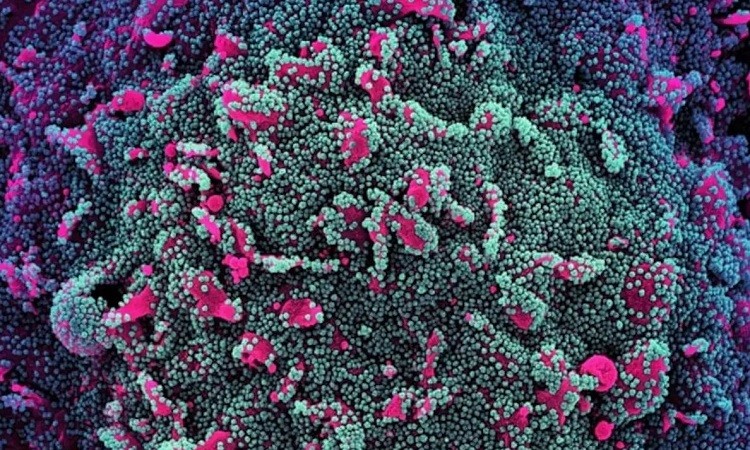
New Covid Variant, JN.1, Detected in Kerala: What You Should Know: Amid the ongoing battle against Covid-19, news of fresh variants continues to emerge. Recently, in Kerala, India, health authorities identified a new subvariant called JN.1, a descendant of the Omicron strain. The detection of this variant in Karakulam, Thiruvananthapuram district, on December 8, 2023, has raised concerns about a potential uptick in infections.
Here's a breakdown to help you understand this variant, its symptoms, and ways to stay protected.
What is JN.1?
JN.1, also known as BA.2.86 or Pirola, belongs to the Omicron family, known for its highly contagious nature. It was first spotted in the US in September 2023 and has since appeared in multiple countries, including India.
As per Dr. Tushar Tayal, Lead Consultant in Internal Medicine at CK Birla Hospital, Gurugram, "The JN.1 coronavirus strain was recently discovered in Kerala. The case was identified in a positive RT-PCR sample from a 79-year-old woman in Karakulam, Thiruvananthapuram district, on December 8. She experienced mild symptoms resembling Influenza-Like Illness (ILI) and has recovered from Covid since. This subvariant, initially found in Luxembourg, descends from the Pirola variant (BA.2.86), itself a descendant of the Omicron subvariant."
Is JN.1 more dangerous than other variants?
Currently, there's no evidence suggesting that JN.1 poses a greater risk than other Omicron subvariants. However, it's still early, and extensive research is necessary to grasp its potential impact fully.
What are the symptoms of JN.1?
The symptoms associated with JN.1 mirror those of other Omicron subvariants:
How can I prevent JN.1 Infection?
First Case of JN. 1 Sub-Variant in Kerala: Health Minister Stresses No Need for Alarm